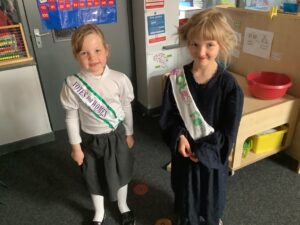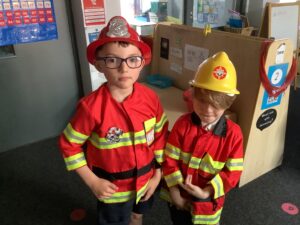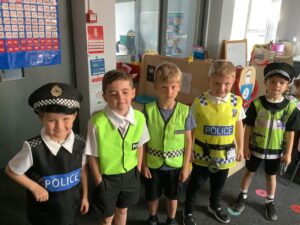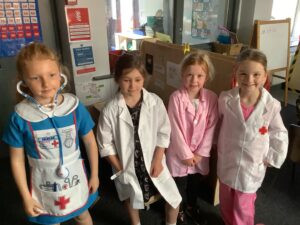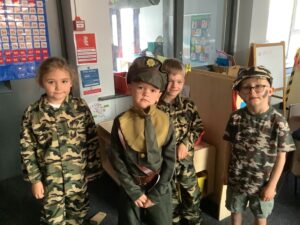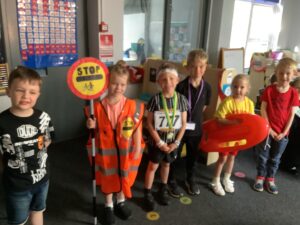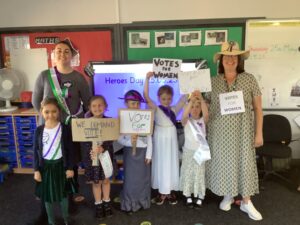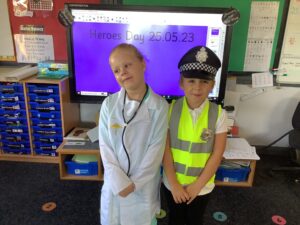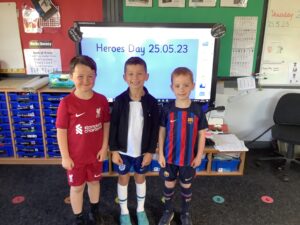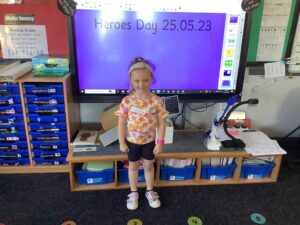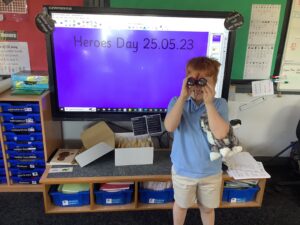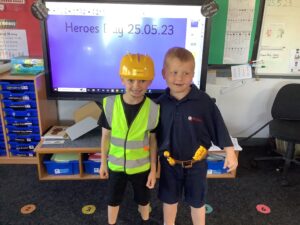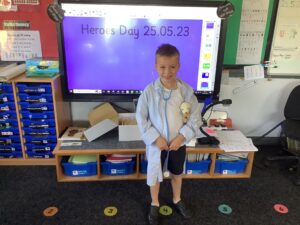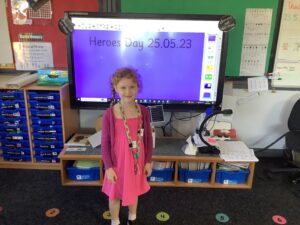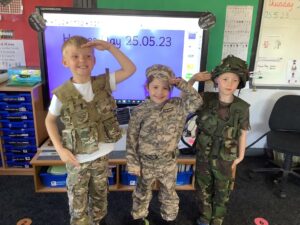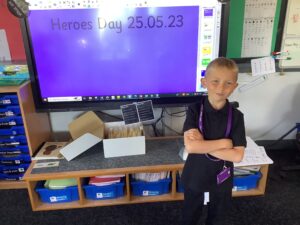How was your half-term holiday? Hopefully a good one, helped by the nice weather. Now that we’re properly into Summer, remember to make sure your child is protected from the sun (sun cream, hat, plenty of water).
We need to start this week’s message with a correction and end with a reminder.
Sorry!
In the last Friday message just before the holiday, we stated the wrong month for one of a training day. It should read that there’s a training day on Friday 24 May (not June):
We’ve had an increase in requests for some term-time absences. Many of these are linked to the Summer half-term. We don’t authorise term-time absences (see our Attendance Policy). To help next year, we’ve changed the training day to Friday 24 May – this means that you’ve an extra day to use to plan for any holidays.
Thanks to the super-organised parent who spotted the error.
Talking of attendance…
Up to the end of Summer 1 half-term, our whole-school attendance figure is 95.4% – this is a great figure, so thank you very much for making sure your child is at school as much as they possibly can. (The national data for the period from 12 September 2022 to 19 May 2023 is 94.1% for primary schools.)
Here’s how each class shapes up:
- Sunshine class: 95.1%
- Rainbow class: 94.1%
- Class 1A (Miss Lowry): 95.1%
- Class 1,2B (Mrs Latham): 95.5%
- Class 2C (Miss Young): 95.1%
- Class 3,4A (Miss Paterson): 95.8%
- Class 3,4B (Mr Catherall and Mrs Wilkins): 96.5% – the highest in school – amazing!
- Class 3,4C (Mrs McCormick & Mrs Wadsworth): 95.7%
- Class 5,6A (Mr Robson): 95.2%
- Class 5,6B (Mrs Hogarth): 94.9%
- Class 5,6C (Mr Lindsay): 96.4%– a close second – impressive!
Please help us
This summer, National Book Tokens is offering schools the chance to receive £1,000 in National Book Tokens. Please nominate our school.
If we’re one of the five winning entries, you’ll also win a £100 National Book Token to spend in your favourite bookshop!
The more entries received for Scholes (Elmet) Primary, the higher the chance we’ll win – so spread the word.
Thanks to the parent who alerted us to this.
Have you completed our annual survey yet?
If not, there’s still time: you’ve got until Friday 16 June to let us know your views. Thanks to those people who’ve already completed it (we’ve had 43 responses so far). It really helps to shape what we do.
Have a happy and healthy weekend!

